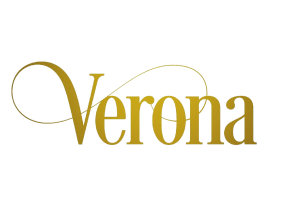OPINION: Demonizing dating programs is actually fatal when it comes down to LGBTQ+ community
As I watched Simon Spier hug 1st date on the Ferris controls when you look at the concluding world for the LGBTQ+ film, “Love Simon,” I imagined the day we began online dating as a freely homosexual man. We eventually noticed that matchmaking as a gay people differs tremendously from a Hollywood smash hit. As a freshman at IU, I was released to an apparently fundamental aspect of the homosexual relationship world — internet dating applications.
Popular online dating programs now, particularly Tinder, Grindr and Hinge, become issues of serious scrutiny in the media. The propagation of “dating app exhaustion” together with capitalization of revealing frightful dating apps stories in magazines for example “Cosmopolitan” and “anyone” normalize negative connotations connected with online dating.
But demonizing dating apps was fatal your gay people, appearing to stigmatize a safe alternative to the perils of expressing one’s true identity in a global engulfed in homophobia.
To highlight queer perspectives and experiences with online dating, I talked with queer people at IU, inquiring these to anonymously express their particular individual thoughts and experience. Firstly, two people provided comparable vista whenever talking about the benefits or needfulness of online dating apps when you look at the queer neighborhood, disclosing the challenges of a dating pool that produces right up only 4.5per cent in the U . S ..
One pupil mentioned, “Dating software are very important for LGBTQ+ relationships. Usually, it is often extremely tough in order to satisfy more queer individuals.”
“For myself, it is impossible to see visitors to communicate with in an intimate method without online dating programs — completely impossible,” another scholar mentioned.
Sardonically conveyed in a current TikTok trend, queer creators break down the fact of dating within a tiny society. Like, the people of Bloomington is actually 85,755, making around 4,000 LGBTQ+ people by using the 4.5per cent estimation.

